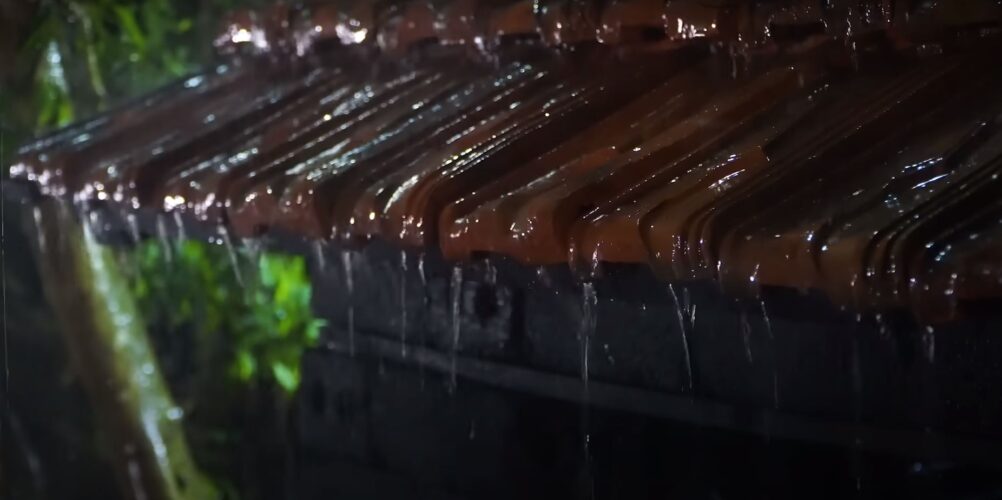Guarding Your Home and Health: Navigating the Risks of Water Damage in Auckland Homes
Water damage in your home, like in many Auckland residences such as those in the suburb of Takapuna, can pose significant health risks that go beyond the immediately apparent structural issues. Understanding these risks and knowing how to address them is crucial for the health and safety of your household.
Health Hazards of Water Damage
- Mold and Bacteria Growth: Moist environments created by water damage are breeding grounds for mold and bacteria. These can trigger allergic reactions, asthma attacks, respiratory problems, and various infections. If you’re concerned about mold, it’s advisable to consult professionals who can offer insights and solutions.
- Contaminants in Water: Water damage often leads to contamination of drinking water with pathogens like E. coli, Salmonella, and Vibrio. These can cause illnesses such as typhoid, dysentery, gastrointestinal problems, and even severe conditions like leptospirosis.
- Pests and Vermin: Water damage can attract rodents, moths, and earwigs. These pests can carry disease-causing pathogens, and their droppings can lead to various ailments.
- Electrical Hazards: Water contacting electrical wiring increases the risk of electric shock and fire hazards. Even small leaks can cause significant electrical issues over time.
- High Humidity and Dust Mites: Increased humidity levels from water damage create ideal conditions for dust mites, exacerbating allergies and asthma.
- Chemical and Hazardous Material Release: If water damage affects older building materials, it can lead to the release of asbestos fibers or lead dust, posing severe health risks.
Prevention and Mitigation Strategies
- Regular Inspections and Maintenance: Conduct frequent checks of your home for signs of water damage, like discoloration, musty odors, or mold growth. Inspect pipes, appliances, and your roof regularly.
- Use Dehumidifiers and Ventilation: Controlling indoor humidity with dehumidifiers and ensuring proper ventilation can help prevent mold growth and dust mite proliferation.
- Immediate Action: If you detect water damage, act quickly to prevent further damage. Turn off the water source if possible, and remove any items from the affected area. Using a wet-dry vac or dehumidifier can help in drying out the area.
- Professional Restoration Services: In cases of significant water damage, it’s best to contact professional restoration services. They have the expertise and equipment to properly assess and address water damage, including hidden issues like structural damage and mold growth.
When to Engage Professionals
Contact professional roof restoration Auckland services if you encounter severe water damage, such as standing water, sewage backup, or significant mold growth. They can provide effective solutions, ensuring your home in places like Takapuna returns to a safe and healthy state.
In summary, water damage is not just a structural issue but a significant health concern. By understanding these risks and taking proactive steps, including seeking professional assistance such as the roof repair Auckland specialists at My Roofers Auckland, when necessary, you can protect your health and your home from the detrimental effects of water damage.
Understanding Water Damage: Essential FAQs for Auckland Homeowners
What Are the Common Causes of Water Damage in Homes?
Water damage in homes can be caused by leaking pipes, clogged gutters, roof leaks, foundation cracks, heavy rain, flooding, and appliance failures such as water heater breakdowns.
How Quickly Can Mold Grow After Water Damage?
Mold can start growing within 24 to 48 hours after water damage, depending on the conditions.
Can Water Damage Lead to Structural Issues in My Home?
Yes, prolonged water exposure can weaken structural elements like wood and concrete, leading to long-term damage.
What Health Risks Are Associated with Water Damage?
Health risks include respiratory problems, allergies, and infections due to mold, bacteria, and increased humidity levels.
Is It Safe to Stay in My Home After Water Damage?
For minor water damage, it may be safe. However, in cases of significant damage or contamination, it’s safer to relocate temporarily.
How Can I Prevent Water Damage in My Home?
Regular maintenance, inspecting pipes and appliances, clearing gutters, and ensuring good drainage can significantly reduce the risk of water damage.
What Should I Do Immediately After Noticing Water Damage?
Immediately stop the source of water if possible, move valuables away from the affected area, and begin drying the area with a dehumidifier or wet-dry vac.
When Should I Call Professional Water Damage Restoration Services?
Call professionals if there is extensive water damage, standing water, sewage backup, or significant mold growth.
How Do Professionals Handle Water Damage Restoration?
Professionals use specialized equipment to extract water, dry out the area, clean and sanitize affected surfaces, and restore damaged structures.
Will My Insurance Cover Water Damage Restoration?
This depends on your policy and the cause of the water damage. Consult your insurance provider to understand your coverage.
Can I Clean Up Water Damage Myself?
Minor water damage can sometimes be managed independently, but professional help is recommended for significant damage to ensure proper restoration.
What Are the Signs of Water Damage in a Home?
Look for water stains, musty odors, peeling paint, warped floors, or visible mold growth as common signs of water damage.
How Long Does Water Damage Restoration Typically Take?
The duration varies based on the damage extent but can range from a few days to several weeks.
What Are the Risks of Ignoring Water Damage?
Ignoring water damage can lead to increased repair costs, structural damage, mold growth, and health issues.
Can Water Damage Affect My Home’s Resale Value?
Yes, unresolved water damage can decrease a property’s value and make it less attractive to potential buyers.

